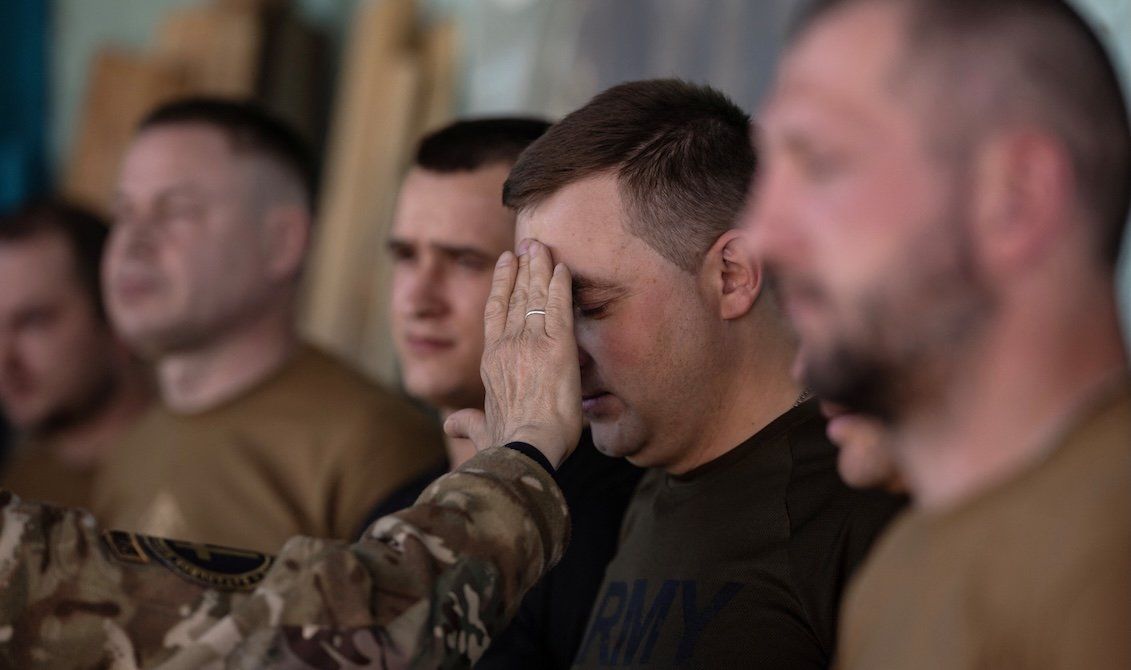An Easter ceasefire declared by Russian President Vladimir Putin appears to have collapsed, with both Russia and Ukraine accusing each other of violations. Ukrainian President Volodymyr Zelensky posted to X Sunday afternoon that as of 8 p.m. local time, the Russian army had violated the ceasefire over 2,000 times. Conversely, Russia claimed Ukraine breached the ceasefire by launching hundreds of drone attacks. The 30-hour pause, which began Saturday at 6 p.m., followed intense fighting in the region of Kursk, as well as a 277-person prisoner swap earlier that day.
Could peace talks collapse as well? On Friday, US President Donald Trump and Secretary of State Marco Rubio expressed growing impatience with the pace of negotiations. After Rubio warned that the US might abandon the process within days if no progress is made, Trump remarked that if “for some reason” one of the countries made negotiations very difficult, “We’re just going to say you’re foolish, you’re fools, you’re horrible people, and we’re going to just take a pass.”
Administration officials are reportedly frustrated by Zelensky’s
accusation that US envoy
Steve Witkoff was “spreading Russian narratives” as well as Russia’s
foot-dragging in negotiations. A US official said the parties
would meet again in London this week. It is unclear what would happen if the US were to walk away, with
Zelensky warning in a “60 Minutes” interview earlier this month that if Putin’s advance is not contained, the conflict “could escalate into a world war.”
